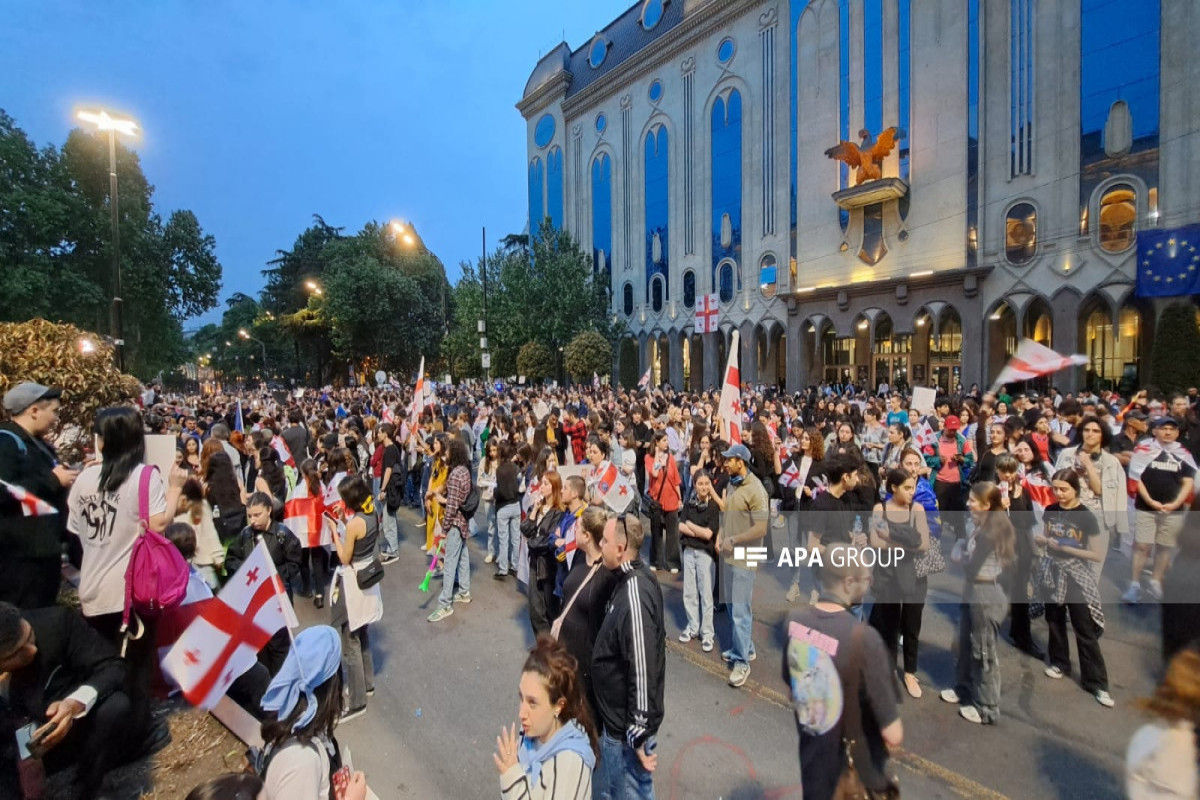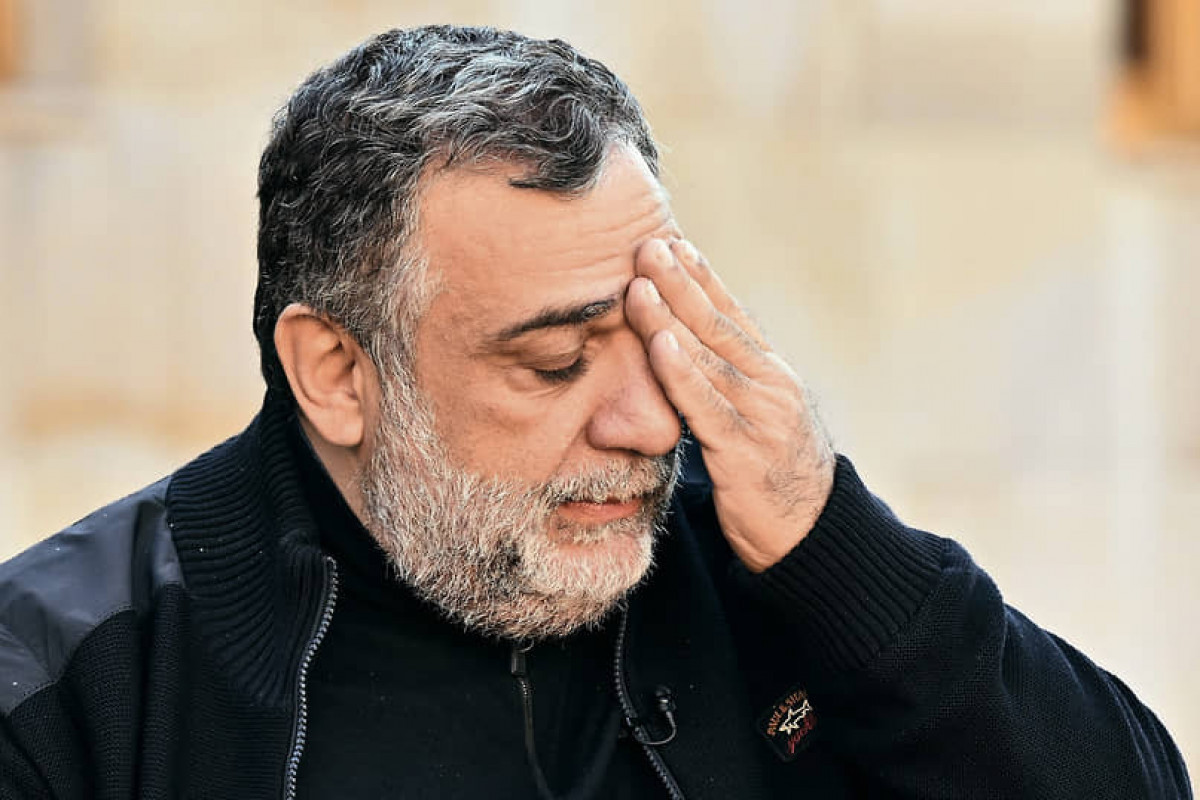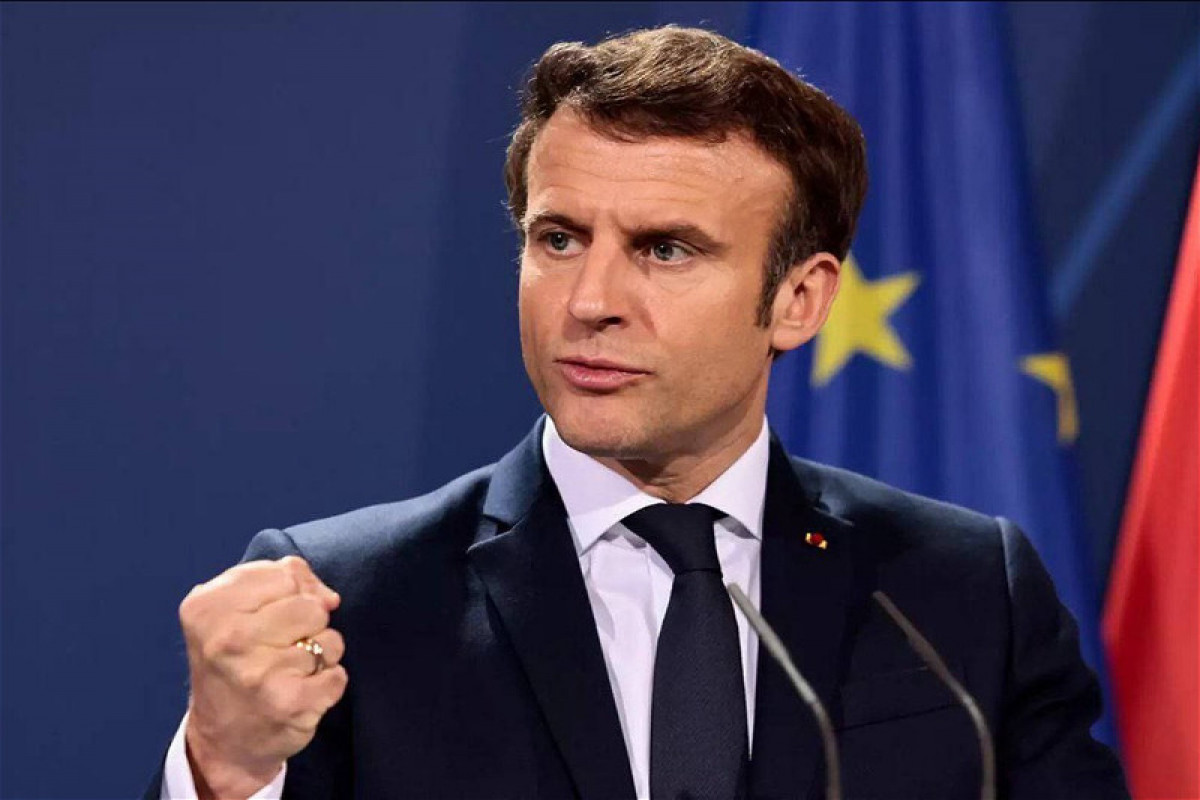NATO’s new strategic concept and the Caspian region – ANALYSIS

To bring NATO’s strategic vision into line with the new challenges of the twenty-first century, a Group of Experts was commissioned in 2009 to examine and discuss the Alliance’s purpose. Led by former US Secretary of State Madeleine Albright, they presented their report, “NATO 2020†on May 17 (NATO, May 17). This will serve to inform the development of the official Strategic Concept in November.
The report is not a region-by-region assessment of the threats and opportunities facing NATO. Nonetheless, it contains key points that will inform the Alliance’s future approach to the Caspian region. Given the ongoing difficulties of the NATO-Russia relationship, and unresolved questions over NATO’s potential role in the South Caucasus, determining a new policy towards the region will be central to the new Strategic Concept.
Moscow is given a mixed review in the experts’ report. Although its willingness to assist NATO in Afghanistan, its commitment to nuclear arms reduction, and its determination to tackle terrorism and other ‘non-conventional threats’ is welcomed, Russia’s unpredictability and its attempts to forge a new security order in Europe are viewed as “unsettling†and “conflicting signalsâ€.
However, the Group of Experts recommends that NATO continues to view Moscow as a potential partner more than a potential threat, particularly on issues such as ballistic missile defence. From a military point of view, the threat of conventional attack by Russian forces is downplayed throughout. The Alliance has its eyes on other dangers.
The open-door membership policy set out in Article 10 is one of the most controversial points in NATO’s relationship with Moscow. Allowing Georgia, however slowly, to move towards full membership of the Alliance was a proximate cause of the war between Russia and Georgia in 2008 and has stoked conflict between the Baltic states and their former Soviet rulers. Equally, for NATO the open-door policy is an article of faith. It prevents any country from exercising a veto over NATO membership and allows the Alliance to steadily expand across the European space, as and when individual states decide that they are ready to join.
Articulating a solution to this contentious issue, even simply a forthright affirmation that no non-NATO state should be able to block membership, will probably be present in the final Strategic Concept. However, the report simply recommends that the Concept should reaffirm the open-door policy, with no references to the problems that Article 10 has created.
“NATO 2020†suggests deepening the partnership with the OSCE, which allows it to engage institutionally with Russia and other non-NATO states. In particular, it recommends using the OSCE’s focus on ‘soft security’ issues to complement NATO’s ‘hard security’. This is a worthy aim although it is not entirely clear how it would work in practice. NATO and the OSCE already cooperate in areas such as the Balkans; it seems unlikely that Russia would permit NATO to utilise the OSCE’s assets for its own aims elsewhere.
Although only briefly mentioned, the report suggests building more formal ties to other regional political and security groupings. As well as the Organisation of American States and the Gulf Cooperation Council, mention is made of the Shanghai Cooperation Organisation and the Collective Security Treaty Organisation. The first is the Central Asian bloc dominated by Russia and China; the second is the post-Soviet security group led by Moscow.
NATO has previously been dismissive of these organisations for two main reasons. Firstly, they are largely seen as ‘paper tigers’ which are better at hosting summits and issuing communiqués than actually contributing to regional security. Secondly, they are seen as legitimising the dominance of Russia over the former Soviet space, a situation which the Alliance is deeply uncomfortable with. Impatient complaints that NATO is failing to work seriously with the CSTO (and to a lesser extent the SCO) have been previously rebuffed or quietly ignored by the Alliance (RIA Novosti, March 11, 2008; Jamestown Foundation, February 16 2010).
Although the UN has recently concluded a formal agreement with the CSTO, agreeing to build a formal partnership with either of these blocs would be a surprising move by NATO (Eurasianet, May 13). Of course, the experts’ report is not binding, but the authors must have been aware of the ramifications of such a move. It would suggest that, in its pursuit of a rapprochement and its desire not to overstretch itself, the Alliance is willing to offer at least partial and tacit recognition of Moscow’s influence in Eurasia.
For Tbilisi, this would be disheartening; although Russia’s invasion in 2008 was unilateral, watching NATO partner with Moscow’s security group would be further proof that the West prioritises Russia over small allies such as Georgia.
What may encourage Georgia, owing to its position on the energy route from the Caspian to the West, is the report’s determination that energy security issues “should figure prominently in NATO’s strategic assessment and contingency planning activitiesâ€. This represents a growing awareness in the Alliance, first articulated at the Bucharest Summit in 2008, that conflicts over energy resources would increasingly become a danger in the twenty-first century. This could signal greater engagement with Georgia and Azerbaijan to secure their energy routes.
At heart the report is not revolutionary. As an analysis by the Brookings Institution observes, its recommendations “do not always match the measure of vision and boldness that many think is needed to invigorate NATO and renew its sense of purpose†(Brookings, May 24). However, its recommendations are a useful guide to what the new Strategic Concept may contain. The implications for the Caspian region could be significant.
Political
 ANALYTICS'>
ANALYTICS'>
Georgia is on the verge of chaos again - Will the West achieve the next 'color revolution'?"-ANALYTICS

Neocolonial policy of France on the edge of collapse- French Guiana is also on the path to liberating itself from colonization-ANALYSIS

An attempt to create a "Dove of Peace" from Vardanyan — Struggle over the wealth of the separatist billionaire-ANALYTICS

Macron is not sincere in his statements - France allocates less military support to Ukraine than Baltic countries-ANALYSIS
NEWS FEED
Police arrest dozens in demonstration at Art Institute of Chicago, including students
Russian President Putin attends Easter service at Christ the Savior Cathedral
Azerbaijani FM meets with Deputy Prime Minister of Somalia
Hamas agrees to release 33 hostages in first phase
Russian air defenses shoot down Ukrainian drone over Belgorod Region - Defense Ministry
Azerbaijan, Gambia abolish visa regime for diplomatic passport holders
Real Madrid crowned champions of La Liga for the 36th
Azerbaijani Foreign Minister met with OIC Director General for Food Safety
Azerbaijan, Pakistan discussed bilateral relations-PHOTO
Azerbaijan to host 16th Islamic Summit of OIC
Azerbaijani FM met with counterpart from Bangladesh-PHOTO
OIC calls on Armenia to fulfill its obligations
Azerbaijani FM made a speech in OIC Summit
Azerbaijan, Somalia discuss mutual cooperation issues-PHOTO
Azerbaijan, Morocco abolish visa regime-PHOTO
Azerbaijani FM discusses bilateral cooperation with Moroccan counterpart-PHOTO
Ukrainian MFA comments on Russian reports of putting Zelenskyy on wanted list
London mayor election: Sadiq Khan clinches historic third term
Jeyhun Bayramov discussed Azerbaijani-Turkish allied relationships with Hakan Fidan-UPDATED
Russia adds Ukrainian leader to its wanted list
EC's Gert Jan Koopman got acquainted with demining process in Azerbaijan's Aghdam-PHOTO
Russian Internal Affairs Ministry puts Zelenskyy and Poroshenko on wanted list-PHOTO-UPDATED
Vietnam police arrest former head of government office
Magnitude 3.1 quake hits Azerbaijan’s Tovuz district
Armenian Tavush movement announces march to Yerevan against delimitation with Azerbaijan-VIDEO
Azerbaijani MFA shares post on cooperation between Azerbaijan and NATO
Mutually beneficial partnership has been established between Azerbaijan and NATO- Javier Colomina
Landslides, floods sweep Indonesia’s South Sulawesi, killing 15 people
COP29 Organizing Committee holds its 3rd meeting-PHOTO
Death toll in Gaza exceeds 34,600
Azerbaijan eliminates double taxation on income with Türkiye
Azerbaijan establishes Khankandi City Attorney's Office
US-based Stirling Foundation to provide financial assistance regarding with mine threat in Azerbaijan
Kazakh President to pay a visit to Russian Federation
French economy minister crashes into a cyclist after running a red light
Norwegian traveler: Accurate mine maps should be submitted to Azerbaijan
Türkiye's Parliamentary Committee Chair discusses Azerbaijan-Armenia peace process in Washington
International travelers watched process of neutralizing mines in Azerbaijan’s Jabrayil -UPDATED-VIDEO
Norwegian traveler: I saw how fast infrastructure was restored in Garabagh after destruction
EU, Azerbaijan mull development of the Middle Corridor
Georgia is on the verge of chaos again - Will the West achieve the next 'color revolution'?"-ANALYTICS
Hamas is the only thing standing between Gaza and ceasefire: Antony Blinken
Azerbaijan unveils amount of ammunition found in Khankandi in last week
Price of Azerbaijan oil drops
Russian drones injure 6 in Ukraine's Kharkiv, Dnipro regions
Coexistence of Palestine, Israel is possible — Blinken
Main indexes of world stocks
Oil price drops below USD 83 in world markets
New Zealand signs MOU with German institute on Antarctica cooperation
Foreign travelers visited Khudafarin bridge in Azerbaijan

